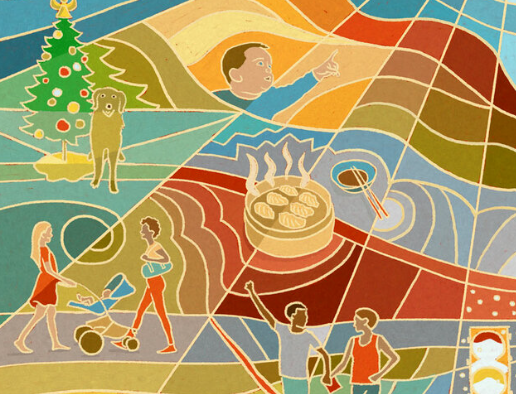
As a boy, Albert Einstein wondered what it would be like to ride a beam of light. The answers he found as a scientist changed our view of the universe. At the speed of light, there is only light, since nothing else can travel so fast. Concepts of “here” and “there,” “now” and “then” collapse. Distance and time lose their meaning.
There is a quality to light that universally fascinates. To Hindus, it symbolizes the victory of good over evil in the festival of Diwali. To Jews, it miraculously blessed their return to the Jerusalem Temple, now commemorated in the celebration of Hanukkah. To Christians, it heralded the coming of Christ Jesus.
Yet there is something in Einstein’s discoveries, remote as they may seem, that also speaks to us intimately – about the discoveries of the human heart.
I remember traveling as a Monitor correspondent to Afghanistan, convinced that my days and nights would be in a state of anxiety and fear. What I found was a warmth and kindness that remains to this day – conversations over sizzling kebabs, the smiles of teachers and milkmen and tribal chiefs, more sugary cups of tea than the principles of mathematics can calculate. In my days there and my memories now, distances shrank, time expanded, and light knew only the sharing of light.










